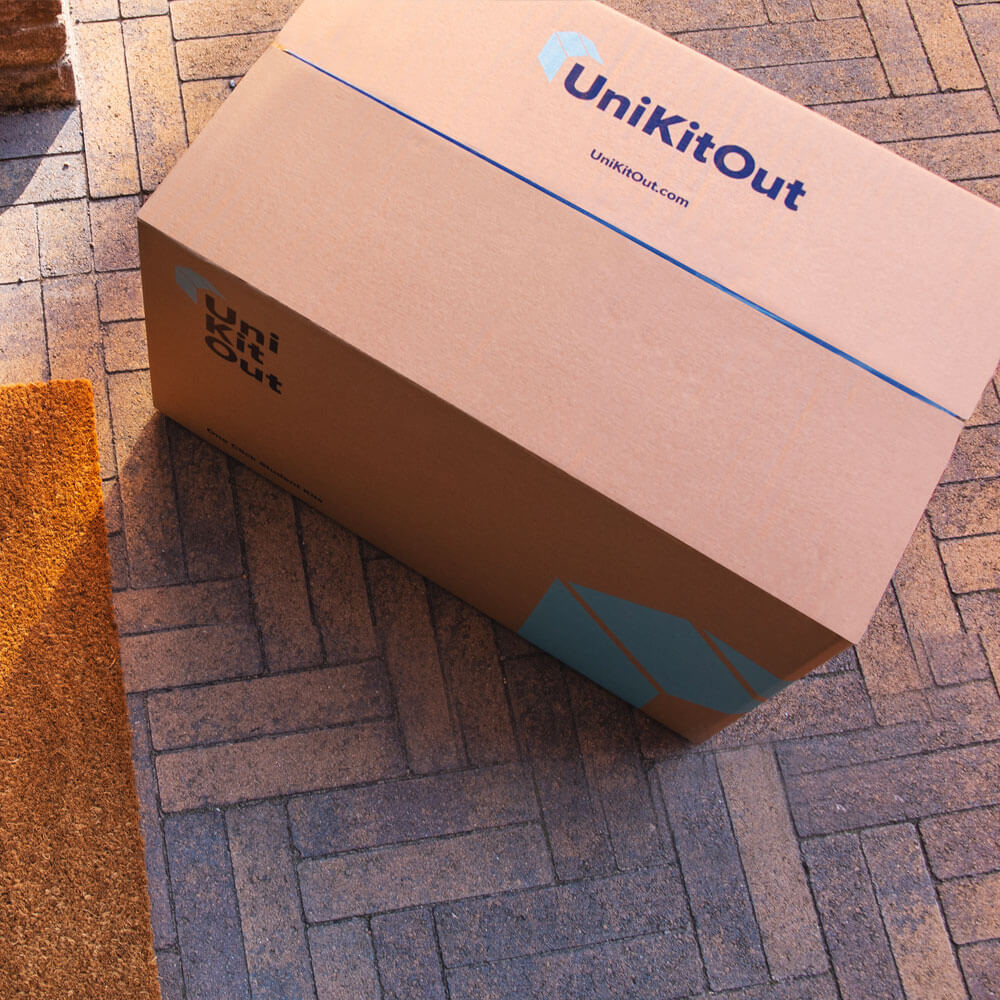Living away from home for the first time can be
daunting to say the least...
Check out this advice from our friends at studenttenant.com!
We've teamed up with our friends at StudentTenant.com who understand the importance of knowing the process when it comes to the private lettings market. There is lots of lettings jargon, so here we have given you an insight into some of the stickiest matters when it comes to renting for the first time.
Finding the right house:
Sounds really simple right? It’s surprising how many people waste heaps of time viewing loads of houses, and then end up with one that they don’t actually like. Do your research before you book your viewings; check the price, location, and features of that particular house before you book to view. If you like it, reserve it - the best properties will always get snapped up very quickly.
Bills:
When moving into a shared house it is really important to know how you are going to keep on top of your utility bills. The main utilities you will need to cover are gas, electricity, water (both waste and fresh water), broadband (for which you will usually need a telephone line), and TV licence. If you are a student you will generally exempt from paying Council Tax. Some properties include the rent within the bills, but for those that don’t it is highly recommended to take out a bills package where you can pay a fixed amount for your bills every month. You can arrange one here http://bit.ly/bills-package.
Insurance:
Protecting your valuables is a must when you move out. Contents insurance is a pretty cost effective way to make sure you are covered in the event of any unwanted occurrences. There are loads of different options out there, and lots of insurance companies catered specifically towards those living in a shared house.
Deposit Protection:
If you are required to pay a deposit on your property, legally these have to be placed within a government protection scheme. Your deposits act as a security to protect landlords against any damages or non-payment of rent at the property. It is important to make sure you are given the name of the scheme your deposit is protected with, and to ensure you know how to request your deposit back at the end of the tenancy.
Legal agreements:
It is really important when you book a property to read through, understand, and ensure all parties sign a tenancy agreement. This will lay out yours and the landlords or agents obligations, and it is vital you know what is expected of you as a tenant. If you have a guarantor they will also need to understand the terms, as their obligations are also applicable to your tenancy. Guarantors will usually have to sign a separate agreement to determine they will be your guarantor, making them legally liable to pay your rent should you fail to do so.
If you need any further information on any of the above or you are looking for a shared house go to www.studenttenant.com, get in touch with the StudentTenant.com team on 0208 434 7246 or email info@studenttenant.com.




































